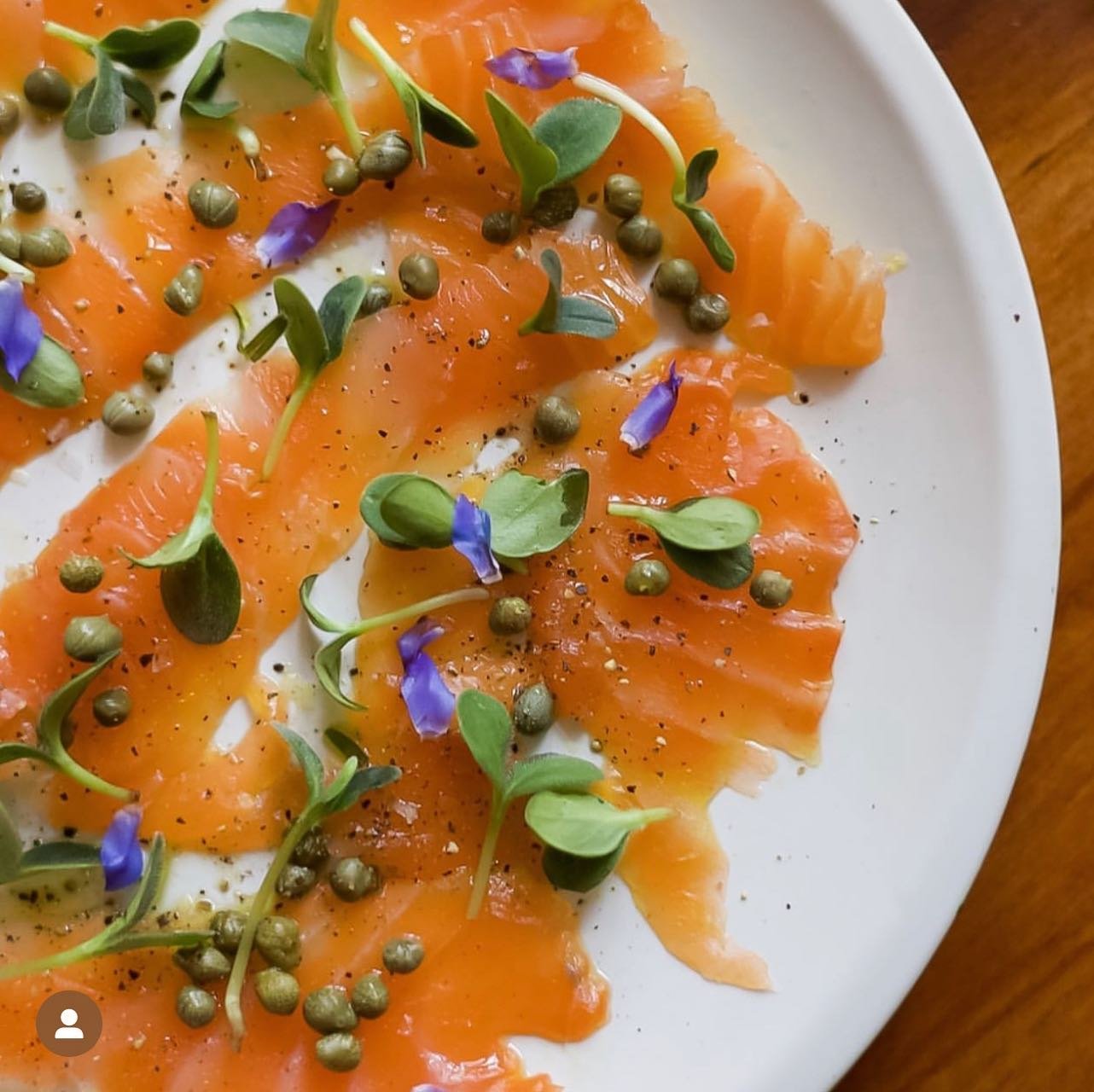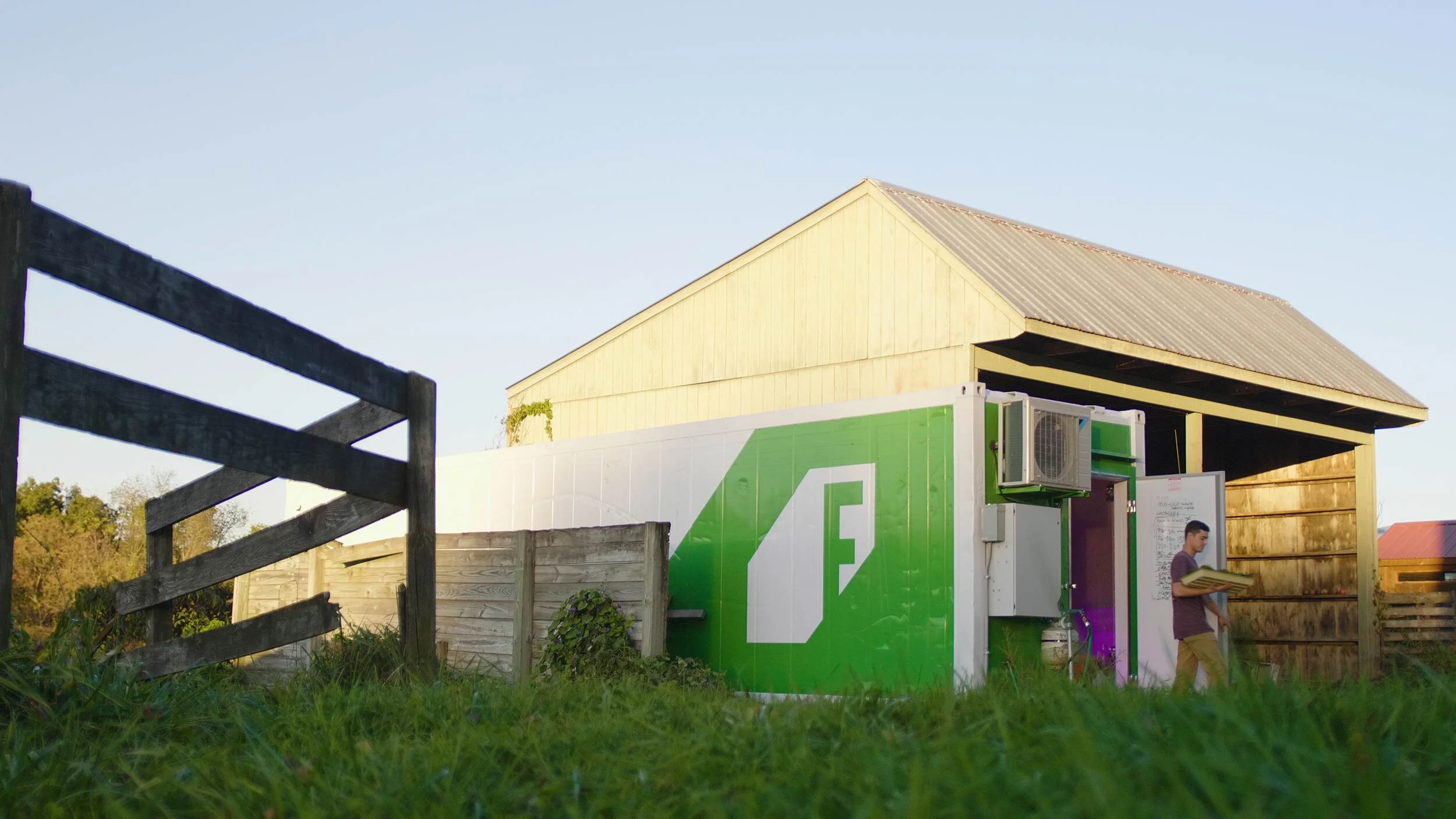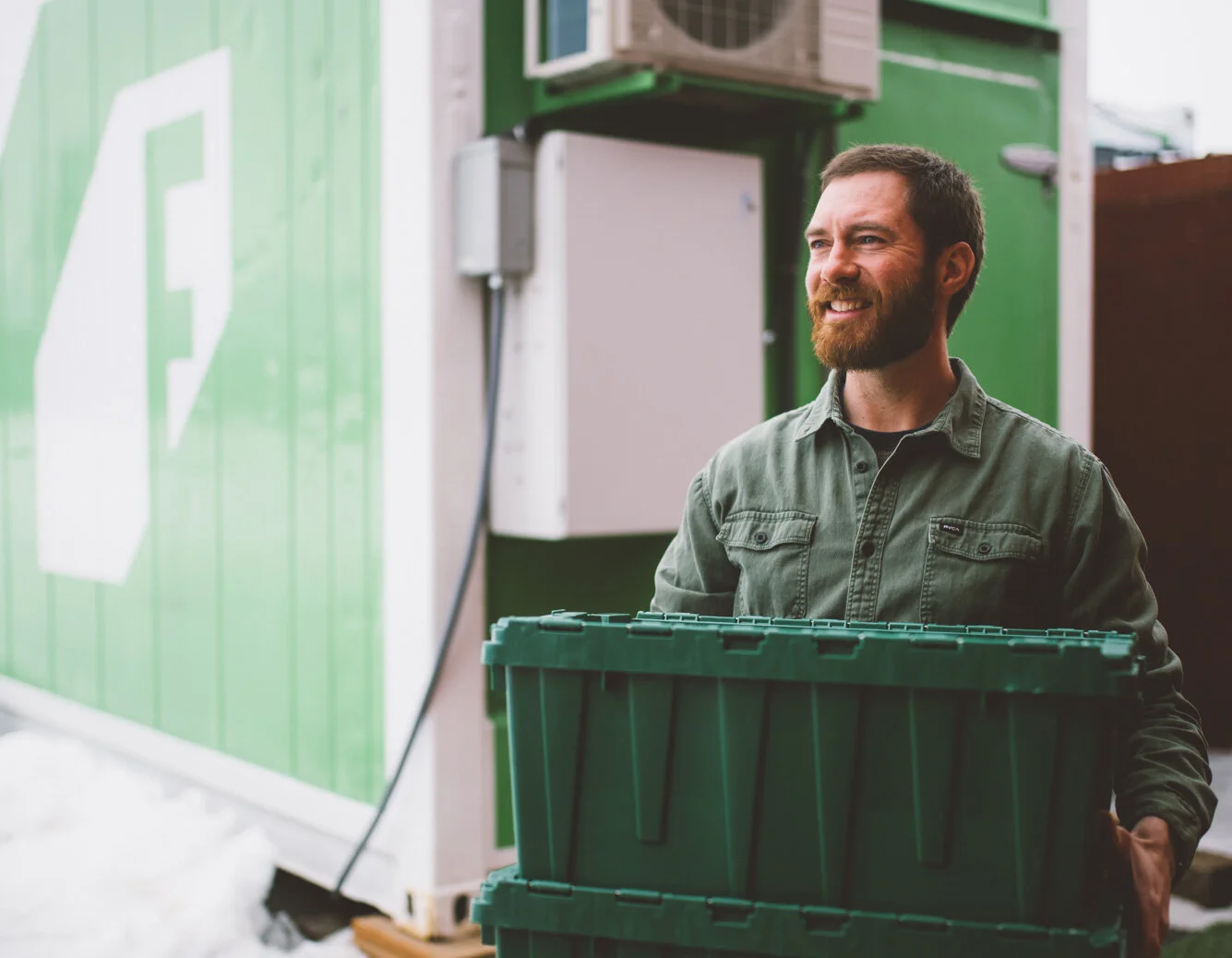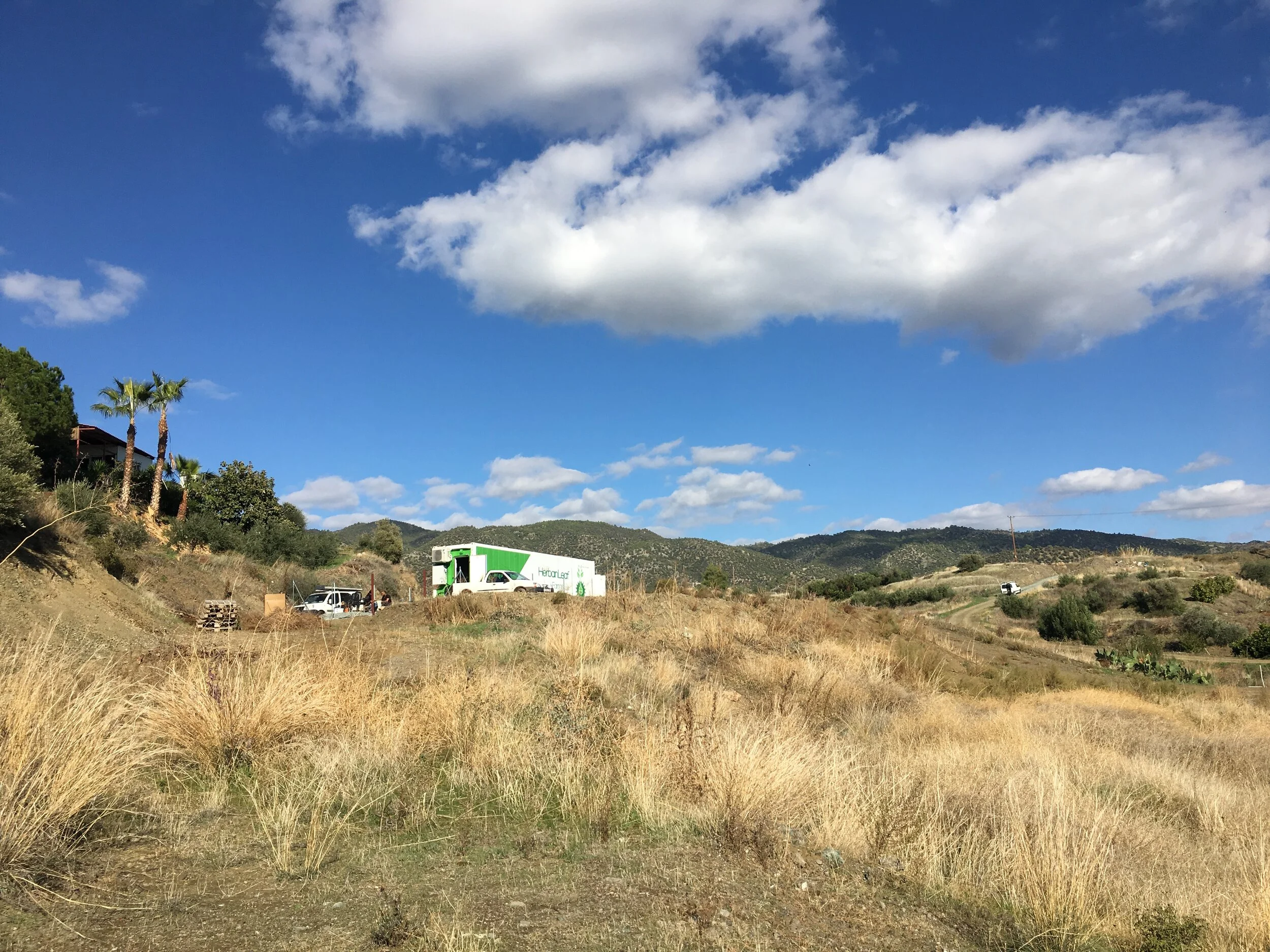Discover the best packaging options for hydroponic produce. From clamshells to eco-friendly boxes, find solutions to keep your crops fresh, protected, and market-ready.
Read MoreYour grocer only sells a tiny fraction of the thousands of varieties of edible greens that exist in nature. At Freight Farms, we’re able to grow delicious and unique plants that you likely haven’t seen at the store.
Read MoreIn this article, we explore how hydroponics is transforming restaurant menus, focusing on some crops you can grow in the Greenery and unique recipes that highlight these fresh, locally-grown ingredients.
Read MoreContainer farming can elevate your guests’ dining experience with fresher, higher-quality ingredients while showcasing your commitment to sustainability.
Read MoreHamilton Horne is the highly successful entrepreneur behind King Tide Farms, a Freight Farming business in Charleston, SC. He sells produce to the city’s high-end restaurants, whose chefs love the microgreens, flavorful leafy greens, and herbs that he grows. Building relationships with chefs can be intimidating, so Hamilton is giving us his tips for how to sell produce to restaurants.
Read MoreWe asked chefs and Freight Farms customers about what makes hydroponic produce the best option for the restaurant industry. Across the board, chefs love the distinct flavors, fresh textures, and longer shelf-life.
Read MoreAnd it’s getting really old, really fast.
Read MoreWith restaurants across the country closing or drastically reducing their services, the small farmers who depend on the food industry are suffering. Freight Farms explores how these farmers can stay profitable during these uncertain times by quickly pivoting to a number of direct-to-consumer strategies, including CSAs, “drive-through” farmers markets, and more.
Read MoreThe 2020 novel coronavirus outbreak has disrupted almost every industry–and the global food supply chain is no exception. As shortages in grocery stores continue, Freight Farms explores how the virus has exposed long-standing issues in how we source and transport our food. Can a distributed supply network be the key to a more resilient system in the future?
Read MoreClawson Greens has made the impossible, possible. By growing food indoors using three hydroponic container farms, Dave Ridill has been able to grow fresh greens year-round in Teton Valley, Idaho–a snowy region of the country that typically has a growing season shorter than 3 months. Dave shared his secrets to success with the Freight Farms team in a Q&A!
Read MoreIn 2017, two restaurant industry veterans decided to take local food production into their own hands. Fast-forward two years, their six farms are supplying Miami’s hottest farm-to-table restaurants. We asked co-founders and operators Thomas and Aaron sixteen questions about Hammock Greens.
Read MoreOn May 20th we hosted a webinar with Steve Huntley of Enlightened Crops in Grand Rapids, Michigan. During our conversation, we learned why Steve decided to start farming, the interesting way he discovered Freight Farms, how he leveraged previous business experience into his new venture, and so much more!
Read MoreConsumer priorities are shifting toward local, sustainable, transparently-sourced food, and this means fundamentally changing how big supermarkets do business. Freight Farms explores trends, limitations, and possible solutions for sourcing local food year-round.
Read MoreCan modern container farming technology reduce island dependence on imported food? We believe it can! First, however, we need to be able to understand the problem at hand.
Read MoreLocal food is more valuable than ever before–but why? We look at what makes local food, like the kind grown in the Greenery, better than its conventional equivalent.
Read More















